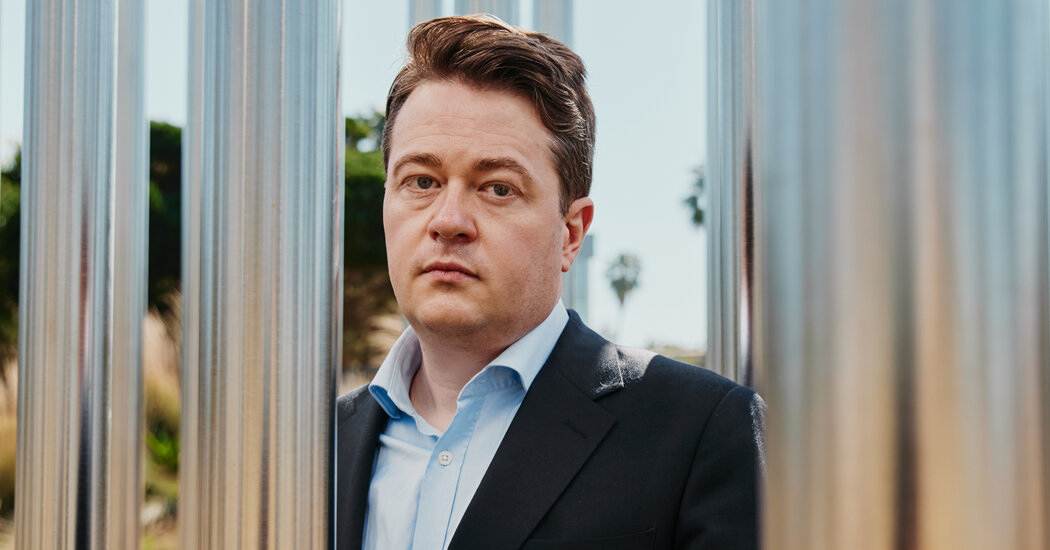

The other thing is it’s given us this dystopian vision of the future. Naomi Klein argues that we suddenly got slammed forward to where we would have been in 15 years time with regard to technology. It has shown us a vision of the future that many of us hate. In the last two years, I have not once heard the phrase, “Hooray, another Zoom call!” So it’s given us a vision of the future we are moving toward that we can now consciously choose to abandon and move toward a much better future.
On that subject: There are those, like the writer and tech expert Nir Eyal, who say we need to be individually accountable for our own discipline around screen time, rather than blame technology for our distractibility. You call this “cruel optimism,” which you define as a solution that sounds good, but won’t work.
J.H.: At the start of the research for the book, I had essentially two stories for what had happened to me. I thought: “One, you’re lacking willpower. And two, someone invented the smartphone.” I decided to exert my willpower, and I went away without my smartphone for three months. I spent three months in Provincetown, Mass., completely offline, in a radical act of will. There were many ups and downs, but I was stunned by how much my attention came back. I could read books for eight hours a day. At the end of my time there, I thought, “I’m never going to go back to how I lived before.” The pleasures of focus are so much greater than the rewards of likes and retweets.
Then I got my phone back, and within a few months, I was 80 percent back to where I had been. I only really understood why when I interviewed James Williams, who I would argue is the leading philosopher on attention in the world now, and he said to me, “It’s like you thought the solution to air pollution was for you personally to wear a gas mask.”
I’m not against gas masks. Gas masks are great. But they’re not the solution for air pollution.
If quitting technology for a sustained period of time isn’t the answer, what were some of the techniques you found effective on an individual level?
J.H.: I sleep more, for at least eight hours. I have a time-locking container, which I put my phone in for four hours a day when I write. And I won’t sit down and watch a movie with my boyfriend unless we both lock away our phones.
There are people who argue that worrying about the influence of Big Tech on our attention is just the latest moral panic, akin to the outrage that greeted the printing press. How do you respond when you hear that argument?
24World Media does not take any responsibility of the information you see on this page. The content this page contains is from independent third-party content provider. If you have any concerns regarding the content, please free to write us here: contact@24worldmedia.com

Common Mistakes When Using Athletic Field Tarps

High-Performance Diesel Truck Upgrades You Should Consider

Warehouse Optimization Tips To Improve Performance

Fire Hazards in Daily Life: The Most Common Ignition Sources

Yellowstone’s Wolves: A Debate Over Their Role in the Park’s Ecosystem

Earth Day 2024: A Look at 3 Places Adapting Quickly to Fight Climate Change

Millions of Girls in Africa Will Miss HPV Shots After Merck Production Problem

This Lava Tube in Saudi Arabia Has Been a Human Refuge for 7,000 Years

Four Wild Ways to Save the Koala (That Just Might Work)

National Academy Asks Court to Strip Sackler Name From Endowment

Ways Industrial Copper Helps Energy Production

The Ins and Out of Industrial Conveyor Belts